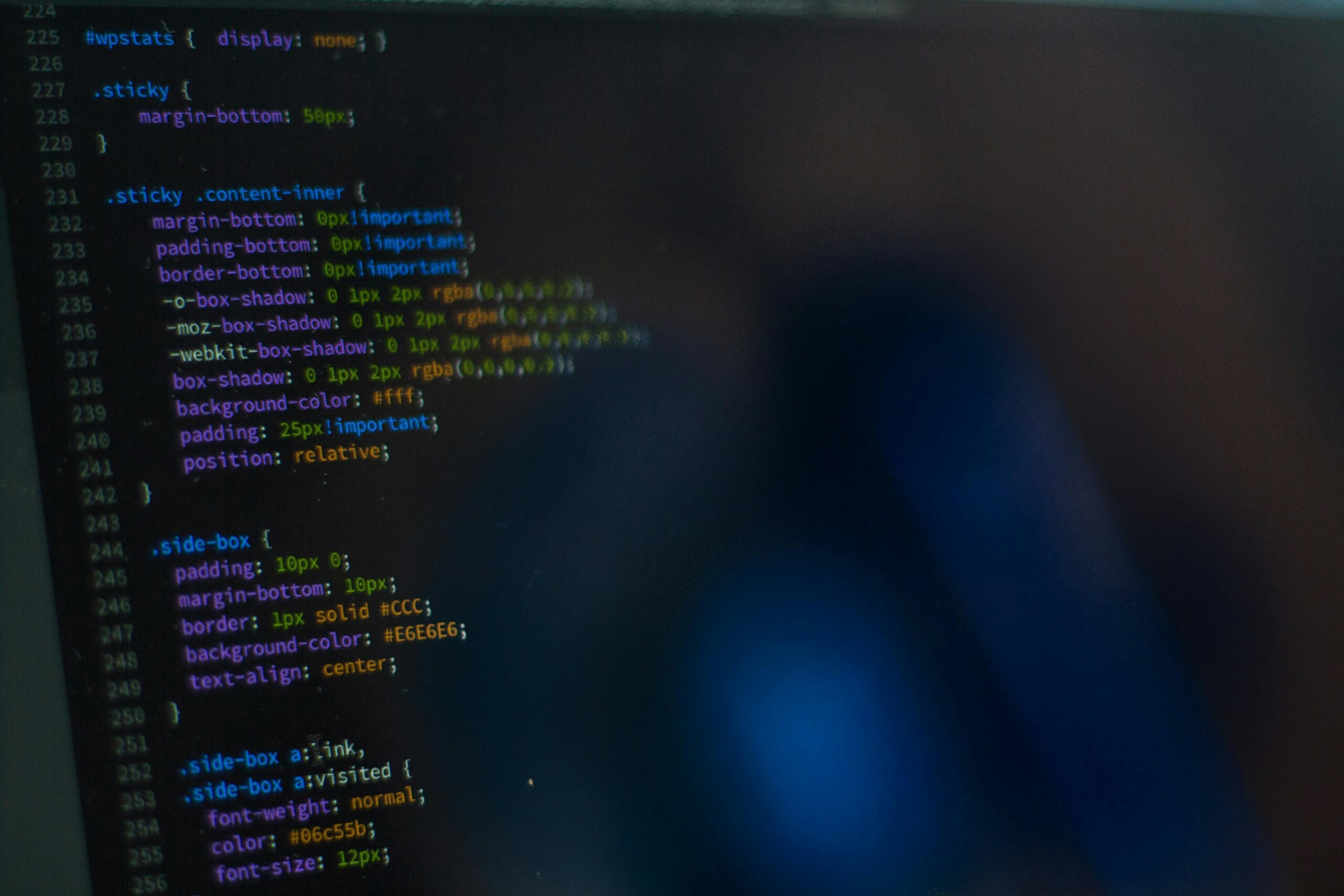Whether you run a B2B or B2C business, it’s easy to fall into the trap of feeling safe once you’ve covered the main cybersecurity do’s and don’ts. However, technology is advancing at a breakneck pace and new threats are emerging daily.
Online fraud reached $12.5 billion in the US alone in 2023. Therefore, keeping up with emerging trends in cybersecurity is no longer an option, now it’s a must, to ensure that your company is as cybercrime-proof as it can be.
The Nexus Between Security And Trust
Consumers, employees, and business stakeholders are not only interested in product quality and profits, but are increasingly interested in the way each company handles data. After all, cybersecurity serves as the “guardian” of this sensitive data, on which trust and brand loyalty are built. Breaking this trust not only jeopardizes data integrity but can potentially also lead to the downfall of a business.
As a result, both B2B and B2C cybersecurity and privacy have become an integral part of a successful business. Although there are different regulations for different states and industries, it’s important to note that both B2B and B2C consumers have higher security expectations than they did just a few years ago.
It’s not just about pandering to the regulatory framework either. It’s about meeting these expectations and ensuring that cybersecurity is a key concern for your business. Individuals are now more inclined to abandon a purchase and look for alternative solutions if they’re unhappy with the way a particular company handles their data.
This is especially true in the B2B sector, as client companies are genuinely concerned with ensuring that the services or products they opt for safeguard confidential data as well as intellectual property.
B2B security is particularly crucial when venture capital and private equity companies are involved, as many of these firms look for cybersecurity assurances before investing in a business.
In this case, a cyber attack is not only detrimental to the company that’s directly involved, but also to the partner firms, making it a big part of the investment equation.
3 Trends In Cybersecurity You Need To Integrate Into Your Business
1. Switching to managed cloud hosting
If your business relies on a website and is fully or even partly online, then you need to ensure that the website on which your business depends is fully secure. This is where managed cloud hosting comes in.
Managed cloud hosting refers to a hosting service where a trusted third-party manages the setup, management and maintenance of a cloud-hosted app or website. This includes everything from performance optimization to security monitoring.
Compared to traditional hosting, managed cloud hosting is more suitable for scaling your website and business without any issues. It also allows you to run any programming language, software stack and operating system, without fear of your website going down.
However, one of its main benefits is high-end security. Managed cloud hosting providers are responsible for ensuring that the underlying infrastructures, including both physical servers and data centers, are up to date with the latest intrusion detection systems and firewalls. In addition, they not only encrypt and backup all data, but also have disaster recovery services in the event of security breaches.
Before opting for managed cloud hosting, make sure that the providers you’re eyeing have the right certification that shows they comply with regulatory requirements, like PCI DSS. In this way, you can rest assured that the company you’re partnering with is 100 percent legitimate and will help your business rather than hinder it.
2. Leveraging AI for automation…cautiously
It’s no secret that artificial intelligence (AI) has been the hottest topic in business in recent years. When it comes to cybersecurity, forward-thinking businesses are already deploying it as a cybersecurity solution. How?
AI security solutions can identify shadow data and monitor data access anomalies around the clock. In this way, they immediately notify cybersecurity professionals of imminent threats, allowing the latter to deal with attacks in real-time.
In addition, AI’s ability to analyze large amounts of data at lightning speed allows it to detect the risk associated with each login attempt, regardless of traffic volume. It can also verify users by checking their behavioral data, cross-referencing it in real-time, and alerting human professionals of suspicious activity.
It’s important to note that AI is still an emerging field, and the legal framework is still a work in process. As with other recent trends in cybersecurity, it’s important to align with current regulatory standards (such as the Executive Order on Safe, Secure, and Trustworthy Artificial Intelligence) when using AI-assisted solutions and their training data.
3. Strengthening remote work-related cybersecurity
Remote work has become commonplace for both B2B and B2C businesses. However, it poses unique cybersecurity challenges, especially as home offices are (generally) less protected from security threats than centralized offices.
What’s more, employees use their personal devices for two-factor authentication, video conferencing, and shared document access – which can be a recipe for disaster. That’s why it’s important for businesses operating a distributed workforce to invest in robust cybersecurity protocols.
These range from something as simple as equipping each employee with a work laptop to ensuring they use a high-quality VPN. It’s also important to train employees in cybersecurity protocols and what to do in the event of an attack.
While certain things may seem obvious to you, they may not be for your employees. Therefore, investing in high-quality products and training gives you the peace of mind that your business is safe from malicious attacks.
Conclusion
As cybercrime becomes more sophisticated, cybersecurity complacency is no longer an option. In an age where consumers value data and privacy, and the conversation about these two important issues becomes even more mainstream, the time is ripe for businesses to pay special attention to emerging trends in cybersecurity.
By leveraging AI and managed cloud hosting, and paying closer attention to remote work-adjacent cybersecurity solutions, companies can use the increased focus on security to strengthen their operations. In this way, you not only protect your business from cybercrime but also future-proof it by staying one step ahead of competitors and malicious actors.




